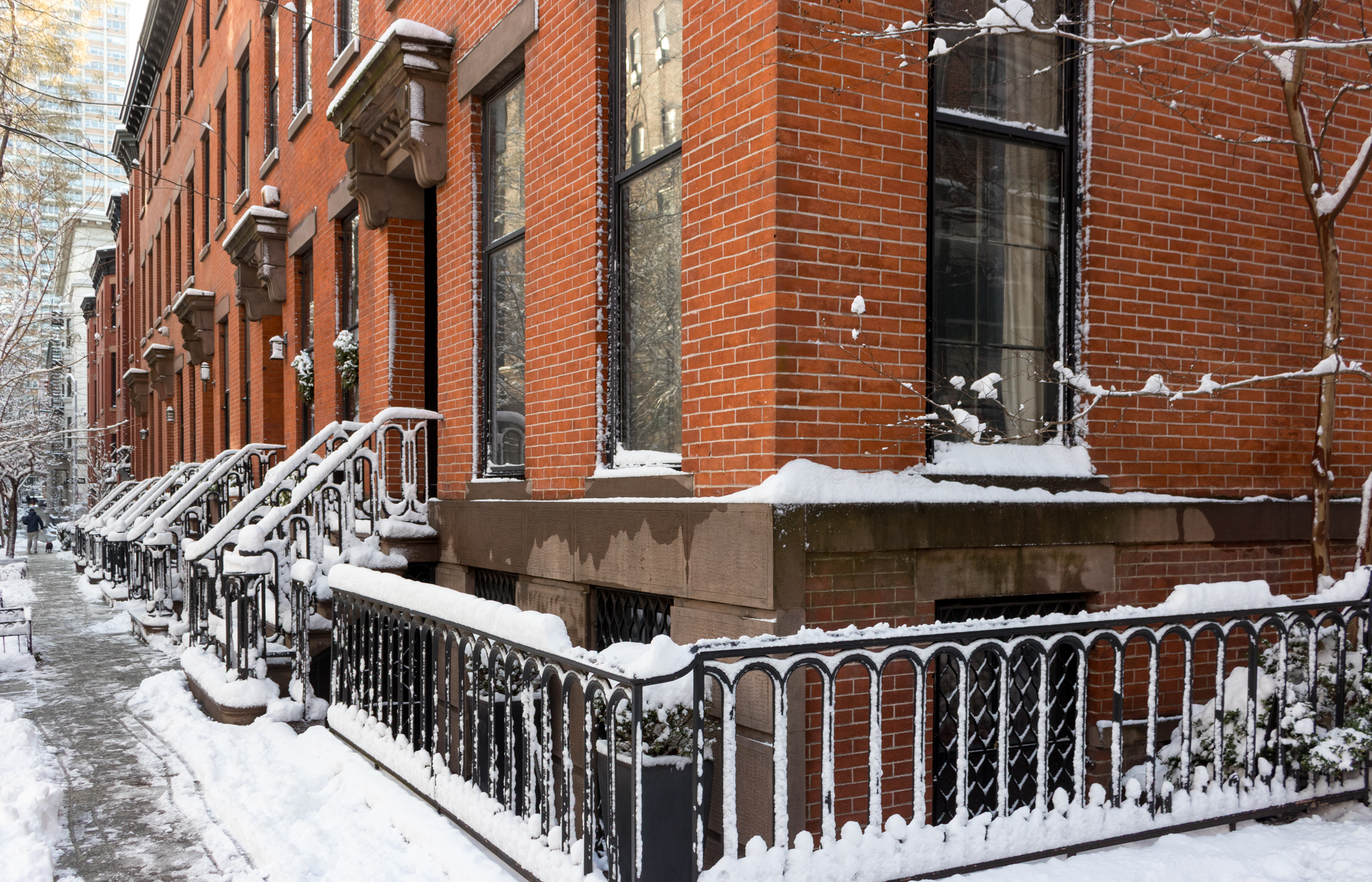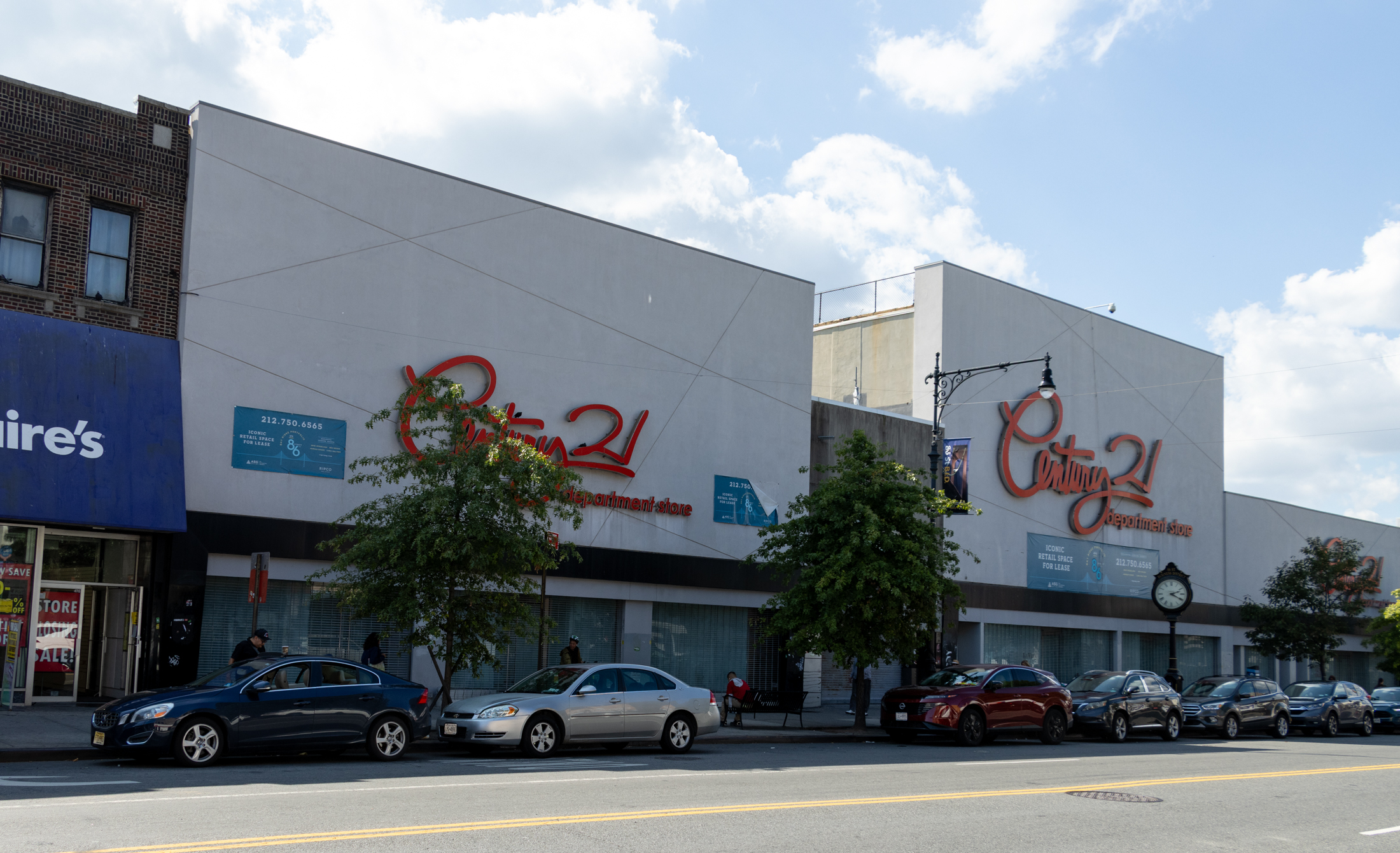A Letter From The Inside
Here’s a letter from an established real estate investment firm in the city to its investors that landed in our inbox yesterday. It’s quite an interesting snapshot of where the various parts of the market stand, especially when it comes to financing. Of course, it was penned before yesterday’s failed vote. Although many of you…

Here’s a letter from an established real estate investment firm in the city to its investors that landed in our inbox yesterday. It’s quite an interesting snapshot of where the various parts of the market stand, especially when it comes to financing. Of course, it was penned before yesterday’s failed vote.
 Although many of you may have experienced extreme difficulties and declines in your stock portfolios and the newspapers report daily on the dire problems with the housing market, our experience in the real estate rental business and the New York coop and condo market is not so extreme. Generally speaking our tenants continue to pay their rents and business continues in a more or less normal fashion. Although we are seeing more delinquencies than usual across our portfolio and we are carrying a greater number of residential vacancies than last year, it is fair to say so far the effects we have seen have been more consistent with a typical downturn in the economy and not more dramatic than that.
Although many of you may have experienced extreme difficulties and declines in your stock portfolios and the newspapers report daily on the dire problems with the housing market, our experience in the real estate rental business and the New York coop and condo market is not so extreme. Generally speaking our tenants continue to pay their rents and business continues in a more or less normal fashion. Although we are seeing more delinquencies than usual across our portfolio and we are carrying a greater number of residential vacancies than last year, it is fair to say so far the effects we have seen have been more consistent with a typical downturn in the economy and not more dramatic than that.
Given the current situation in the credit markets, we do anticipate having a more difficult time when seeking refinancing quotes, but we expect to be able to successfully resolve our various financing requirements. So far, our lenders have been negotiating normal mortgage extensions on appropriate market driven terms and at the moment, we do not foresee a problem in this area at least through the end of 2009…This is not to say we have not faced any problems with certain of our properties. We have found it difficult or impossible to arrange debt for new development and/or condominium conversion projects. The market is very reluctant to finance for-sale housing projects. As a result, we have put several new construction or conversion projects on hold and will continue to do so until the market returns to a more normal situation. In one case we even cancelled a deal and took a loss on our contract deposit rather than accepting inferior and expensive financing that would have strained our resources in an inappropriate manner.





Traditionalmod, what affordable Bklyn neighborhood do you live in? Alas, for various reasons (including schools, commute, marital harmony, etc) we are seeking a house in PS, CG, CH, etc. – certainly not “affordable” right now to most people who need space for a growing family. I certainly hope these extremely expensive neighborhoods will go down in price. I don’t think a major “bath” will be good for anyone, but I truly think (as I’ve said many times on this blog!) that a decline of even 30-40% will leave most sellers in OK shape as long as they’ve owned their property more than a couple of years. From my own experience, prices on some properties more than doubled since early 2000 (I know, we bought and sold) and it was a shockingly fast and steep rise, so even a pretty steep decline basically just puts us back to where we were a few years ago, and where things used to be considered “normal” before the bubble…
“The places that will suffer most in real estate losses are the suburbs where the hedge fund managers and all those guys who made all their money off this crisis they created, paid many millions of dollars for huge houses they can only sell to the similarly very rich.”
Suburbs? I thought those shitbirds were buying up Brooklyn. Or are all of those UC Berkeley sweatshirt wearin, Starbucks drinkin, Hybrid drivin, bugaboo pushin folks from some -other- profession?
“knowing my former Wall Street neighbors are all going bankrupt”
That’s quite a fantasy world you live in. The multi-millionaires aren’t the folks that are going to go bankrupt.
The places that will suffer most in real estate losses are the suburbs where the hedge fund managers and all those guys who made all their money off this crisis they created, paid many millions of dollars for huge houses they can only sell to the similarly very rich. There was a recent article in the NY Times about that, if anybody saw it. I’d rather be in my little Brooklyn neighborhood that’s still affordable to those from many OTHER industries, than sitting in a huge house in one of these suburbs, knowing my former Wall Street neighbors are all going bankrupt and their houses will sit unsold and unuccupied for possibly years.
I agree that this is not the end of the world. It will be major correction though. I read that the state comptroller is predicting a loss of 40,000 financial sector jobs. That will effect our favorite subject -NYC real estate- significantly. Couple this with the European bank scare and there will be a lot of downward pressure on the price of Manhattan and pricey Brooklyn property. Of course one person’s debacle is another person’s buy opportunity, that is capitalism. On the upside, reservations at trendy restaurants should be much easier to make.
FEAR WILL REIGN FOR A COUPLE OF YEARS THOUGH. Than we will again see the mother of all asset bubbles. Unless of course this is the mother of all asset bubbles.
“This is a crisis of confidence, and confidence will return as soon as fear is again replaced by greed.” – QOTD!
That was stellar Mssr. Jackal! Hilarious, and likely all too true.
Oh for Chrissake people, the world is not ending. Not by a long shot. This is a crisis of confidence, and confidence will return as soon as fear is again replaced by greed. I thought the drop in the market yesterday was great — I am a buyer of stocks, not a seller, and I love buying things on sale. I will start to be a seller in 20 years or so.
We are ripping off the band-aid, which is exactly what Japan didn’t do 20ish years ago. This means lots of pain and dislocation now, but a healthy financial system much faster than the 15 years it took the Japanese.
NYC will be hit harder than other places. NYC real estate will, in my opinion, take a gigantic bath. Particularly in Manhattan. But the world is not ending.
DIBS;
While I might agree with some of what Larry Summers states, and I have the utmost respect for him, this article is an example of why this bailout is a non-starter, politically. A few reasons:
-he makes the argument that this is not an expansion of government, in that the $700B will be used to purchase real assets. True enough, in the short term. What he fails to address is what happens after these assets are sold, perhaps at a profit. Does anyone honestly believe that these proceeds will be used to pay off the debt that was used to finance these purchases? I certainly don’t. Money is like crack to politicians. It will be Christmas in July when this money comes into the Treasury.
-he also fails to make the case as to why these assets cannot be handled via the private sector. The WSJ had an article showing that these bad securities amount to about 4% of the GDP. While this is not insignificant, it pales in comparison to the 25% ratio that Japan had to deal with in the early 90’s (according to the WSJ) when they had their banking problem in the early 90’s.
-finally, from a political point-of-view, folks are in no mood to take lectures from the very people who are part of the financial world that brought us to this mess. The way that the financial world has tried to sell this deal (“bail me out or I’ll cause a collapse of the economy) is highly offensive to folks who earn their daily bread. The WSJ notes today that there were originally 70 House Replublicans lined up for the deal. After they received a “lecture” from Paulson, the number shrank to 20, as he refused to answer their questions about how this program would be administered.
You might argue the issue financially, but my point is that the folks who ran with this package completely botched it, from a political POV.